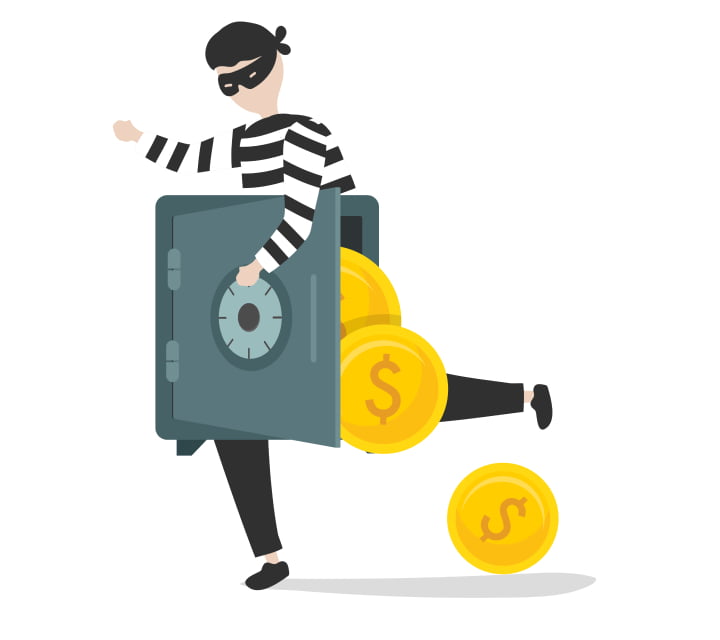Watch out for new fraudster tricks
Online banking and investment fraud have increased during the pandemic.
Last week, my colleague was phoned by her bank’s security team and told that her account had just paid three sums of R10 000 each to a bank in Thailand. The caller, who identified himself by name, asked her to log on to her account to check if the money had actually been transferred out.
While she was hesitating, the caller, as if to reassure her, confirmed the bank account number, her street address and the name of the account holder. All these details, as quoted to her, were correct. The only detail that was ‘off’, (besides the fact that he was calling at all) was the fact that he did not seem to know that the account in question was her husband’s and not hers. When she offered to call the purported bank official back, he cut the call.
Earlier this year, the UK’s financial regulator, the Financial Conduct Authority, issued a statement that said that the number of fraudulent warnings on fraudulent banking and investment scams issued in 2020 was double the level seen in 2019, and was on course to double again in 2021.
Investment scams made up the highest proportion of authorised fraud losses in 2020, with more than £135 million lost to increasingly sophisticated deceptions often involving the grooming of potential victims over several months and credible-looking cloned websites of banks and investment advisors. In some cases, fraudsters paid ‘dividends’, while convincing their victims to invest more, before vanishing with their stolen money.
The FCA has a section of its website dedicated to helping investors detect fraud, called Scamsmart, as well as a list of unauthorised firms and individuals on its website. South Africa’s regulator, the Financial Services Conduct Authority (FSCA), publishes a list of regulated services providers, but unlike the UK’s regulator, does not publish lists of unauthorised firms. Like its UK equivalent, the FSCA only has the authority to prosecute the complaints against its regulated providers, so bitcoin fraud (a growing category of fraud) falls outside its authority.
With respect to banking fraud, fraudsters have not taken a sabbatical during the Covid-19 pandemic. On the contrary, as ‘face to face’ shopping has dropped, along with opportunities to steal debit cards and credit cards, fraudsters have adapted their skills to new forms of fraud. New-to-digital consumers have proved especially vulnerable and have created new channels to exploit…

